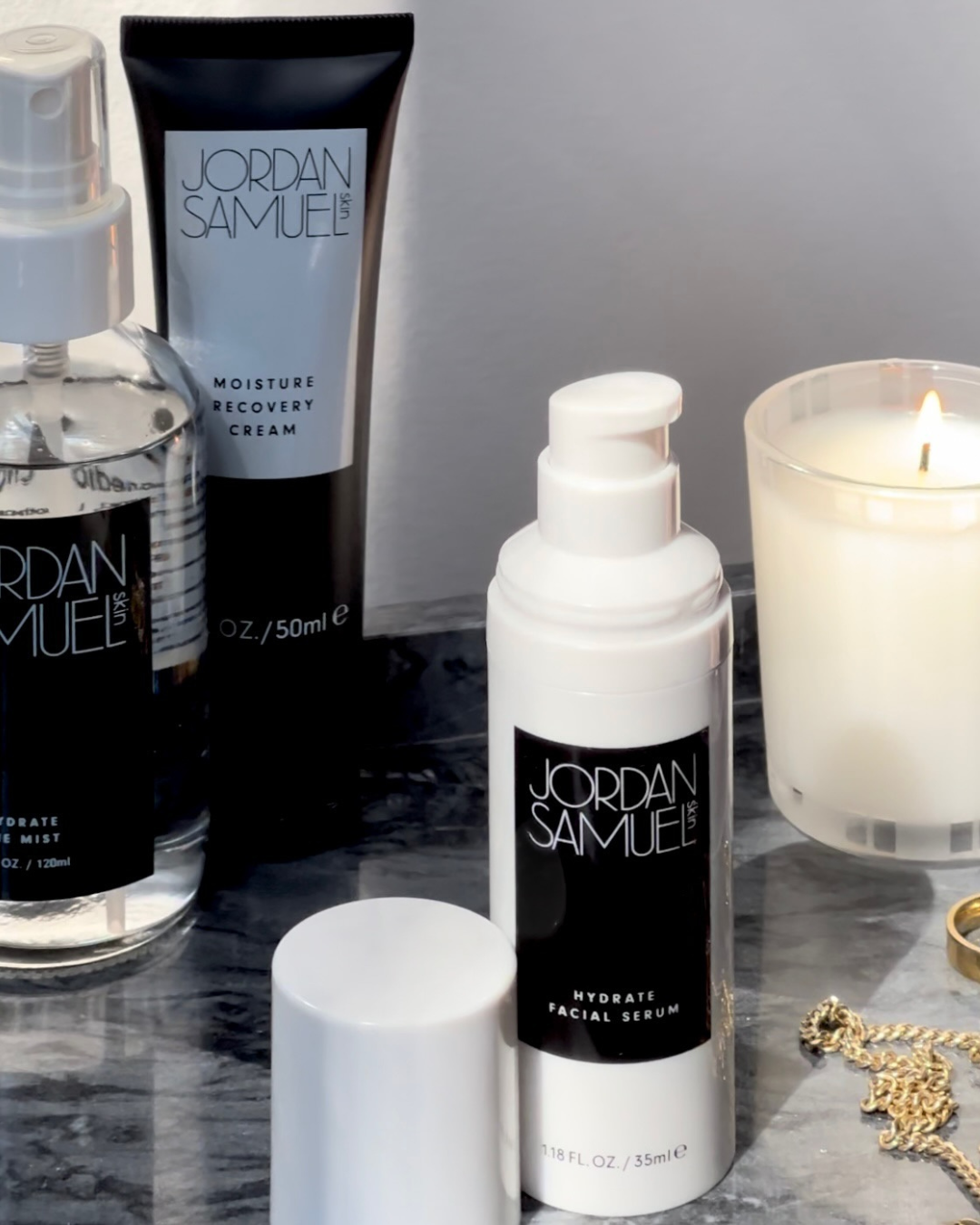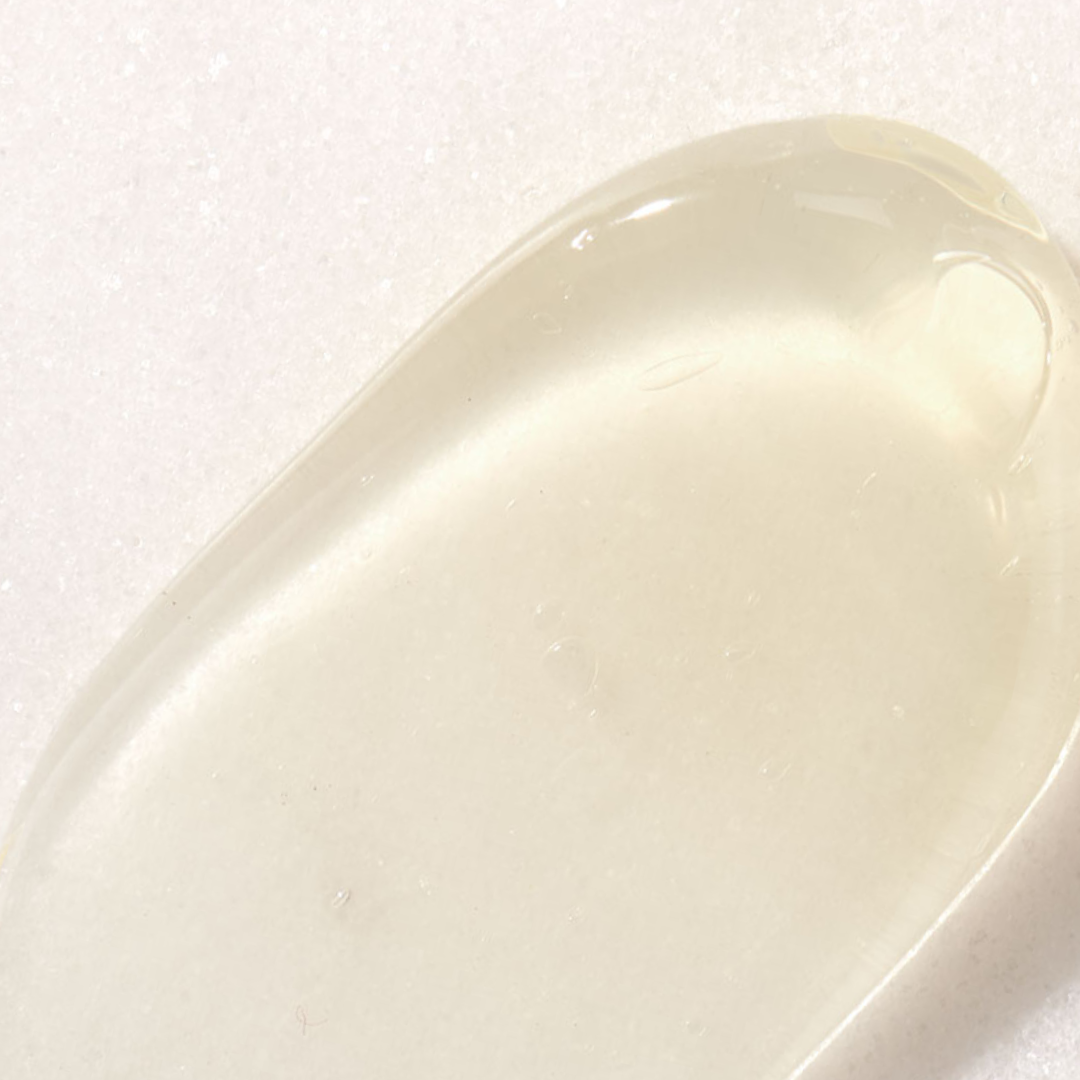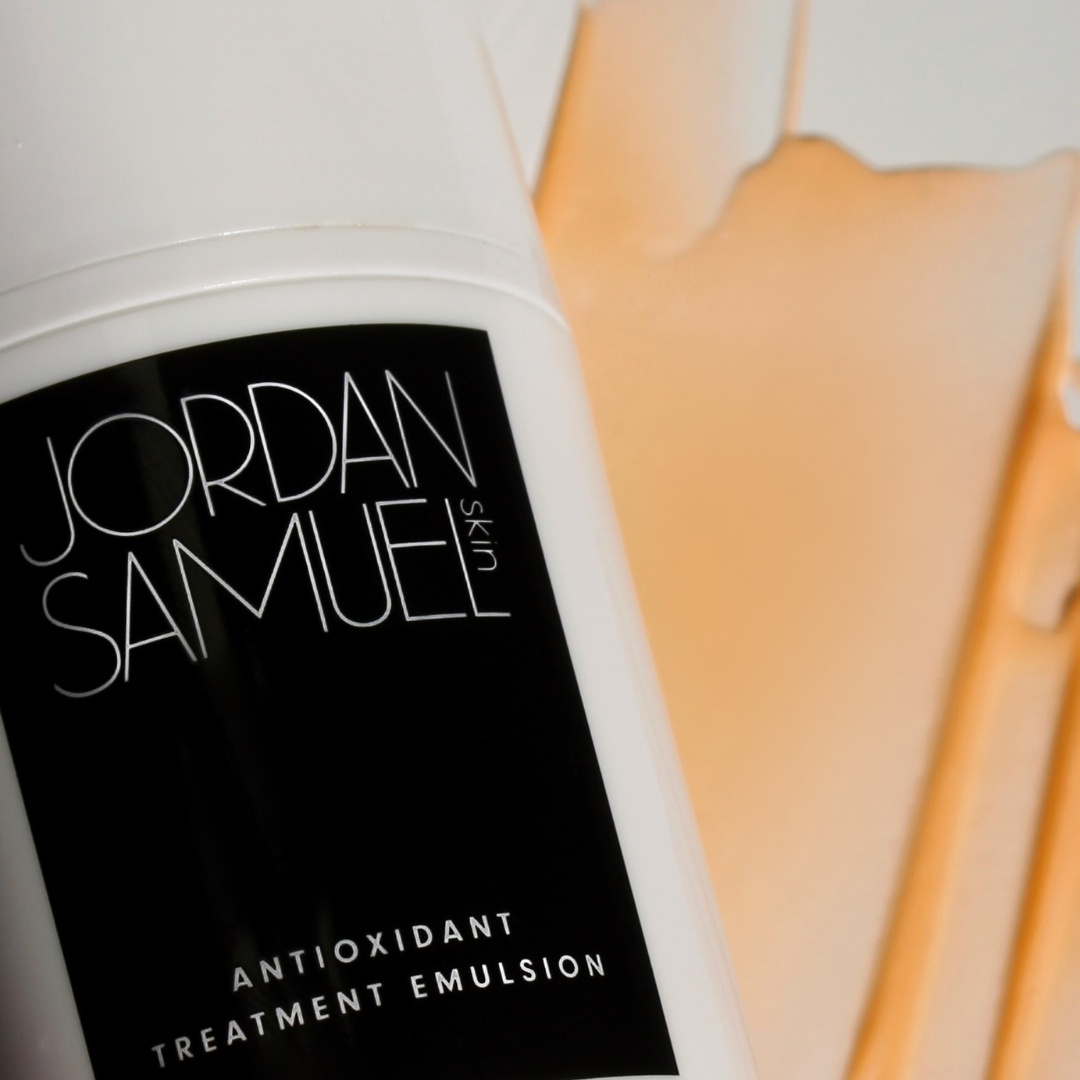When we talk about retinol, we often approach the subject in terms of what retinol product we should use—not whether we should use a retinol at all. It seems like a foregone conclusion. Virtually every dermatologist, esthetician, and skin expert agrees that if you’re going to add a single active to your routine, it should be retinol. So what makes this wunderkind ingredient so special that it has garnered this universal acclaim?
How does Retinol work?
In essence, retinol encourages optimal behavior in the skin. When skin functions as it should, dead surface cells frequently slough off and make way for the young, fresh cells underneath. This cellular turnover process slows due to age and damage. Retinol stimulates the turnover process so that plump, new cells can once again rise to the surface.
Like many other vitamins, retinol (also known as vitamin A) functions as a powerful antioxidant. These antioxidant properties defend against collagen breakdown to help prevent and reduce the appearance of wrinkles and sagging skin.
Retinol is lipid-soluble, making it particularly adept at absorbing through skin’s lipid-rich barrier. It also works especially well in oil-based products, such as a retinol-infused facial oil.
What results can I expect?
I’m hard pressed to find a major skincare concern that retinol doesn’t address in some way. It can help fade uneven skin tone, thanks to the enhanced cellular turnover shedding older, damaged cells that have collected extra pigment. The turnover process can also help with breakouts and congestion-prone skin. Its collagen-protecting characteristics improve the look of fine lines, wrinkles, and loss of firmness while also helping to refine skin texture. No matter your concern, retinol can deliver smooth, even, glowing skin.
What are the drawbacks?
Retinol’s effect on cell turnover has one major caveat: those young, fresh cells tend to be highly vulnerable and sensitive. You may want to ease up on exfoliation or other active ingredients in your skincare routine to avoid irritation. Most importantly, you’ve got to be diligent about sun protection. Avoid direct sun exposure when possible and always wear a sunscreen rated SPF 30 or higher. If you’re prone to sensitivity, consider using a mild to moderate retinol concentration since higher percentages can be more sensitizing.
Who should use it?
Retinol can benefit just about any adult. If you’re looking to maintain skin health, prevent skin damage further down the road, or maybe even lessen some existing signs of damage, consider including retinol in your routine.
Who shouldn’t use it?
High concentrations of retinol can be risky during pregnancy, and the effects of lower concentrations remain unknown. For this reason, it’s generally advised that anyone who is pregnant or nursing avoid retinol. That’s a conversation best left to you and your doctor.
Additionally, some ingredients just don’t work out for everyone. My skin doesn’t tolerate vitamin C very well, and I’m sure there are individuals out there who have the same struggle with retinol. If trying a lower concentration or different product formula doesn’t help, then maybe retinol isn’t for you. There are plenty of other antioxidants out there for you to enjoy!
Is retinol a must-have?
Given my general attitude toward rules, I like to avoid prescriptive advice—especially when it contains words like “must” or “always.” Skin is unique and benefits from a nuanced and individual approach. Generally speaking, my only must-haves are a gentle cleanser and an SPF, plus maybe a washcloth or gentle acid for physical or chemical exfoliation. That said, I strongly encourage retinol for virtually all skin types and concerns. Give it a try!
XO,
Jordan





